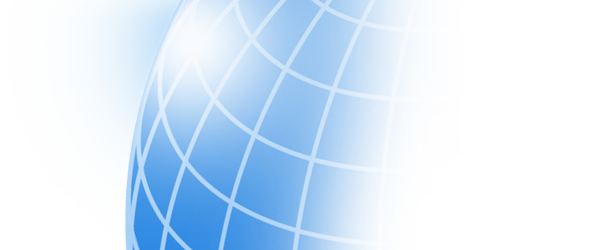People - GLOBE Observer
Markus Eugster lives in Uzwil, Switzerland, a little town about halfway between Zurich and Lake Constance. He is a secondary school teacher that focuses on science and mathematics subjects, as well as teaching courses in history, geography, computer science and even electronics and art! Markus integrates his passion for citizen science and the natural world in each subject, despite such a wide array of topics.
As a child, Markus studied his local weather patterns using homemade spreadsheets and observation methods. He often sat outside in the garden or forests that surrounded his home to observe animals and discover “new” plant species. Markus was known to carry journals that documented his local excursions. In these he recorded anything he found notable. Working as a postman during school holidays allowed Markus to save up for a microscope. From there, his passion grew and he began to read scientific specialist books. “I could observe life in a drop of water for hours,” he recalls, “[citizen science] can open your eyes for the beauty and the incredible relationships in nature.” As he got older, the Eugster family allowed Markus to install a makeshift “lab” in their storeroom where he’d sit, buried in his research.
Today, Markus continues his research alongside the teaching of his students. After work, he tends to his home garden and greenhouse, and takes photographs of the plants, animals and landscape that surrounds his neighborhood. He also enjoys cooking and jogging.
Markus began using The GLOBE Program’s GLOBE Observer app to measure tree height. All observations he had completed prior to using the Trees tool within the app had been done through the online data entry, as his students were not allowed to use smartphones during school hours. Now, after campaigning for his school to provide smart tablets for his students, Markus plans to teach his students while using the GLOBE Observer app.
Markus says the best way to support citizen scientists is to participate! With his students, he integrates GLOBE protocols into his curriculum with classroom projects that are observation-centered. “[Citizen science] gives me and many other people the opportunity to be part of scientific projects,” he explains. Markus believes that his role as a teacher allows everyday observers to come together as part of a larger mission. He aims to involve his students in topics that they wouldn’t otherwise participate in, or find, themselves. Outside of the classroom, he uses citizen science as a way to network and get acquainted with professional scientists.
Markus is forever inspired by our, “wonderful planet, life, pristine landscapes, [and] Alaska!” In 2007 and 2009, Markus was invited to attend the “GLOBE Seasons and Biomes” workshops in Fairbanks, Alaska. He visited Alaska twice more during his sabbaticals and was able to meet GLOBE teachers from around the world, many of whom he is still in touch with!
A favorite quote of his is, “It always seems impossible until it's done,” by Nelson Mandela, a poignant influence on Markus’ personal, educational and citizen science work.








